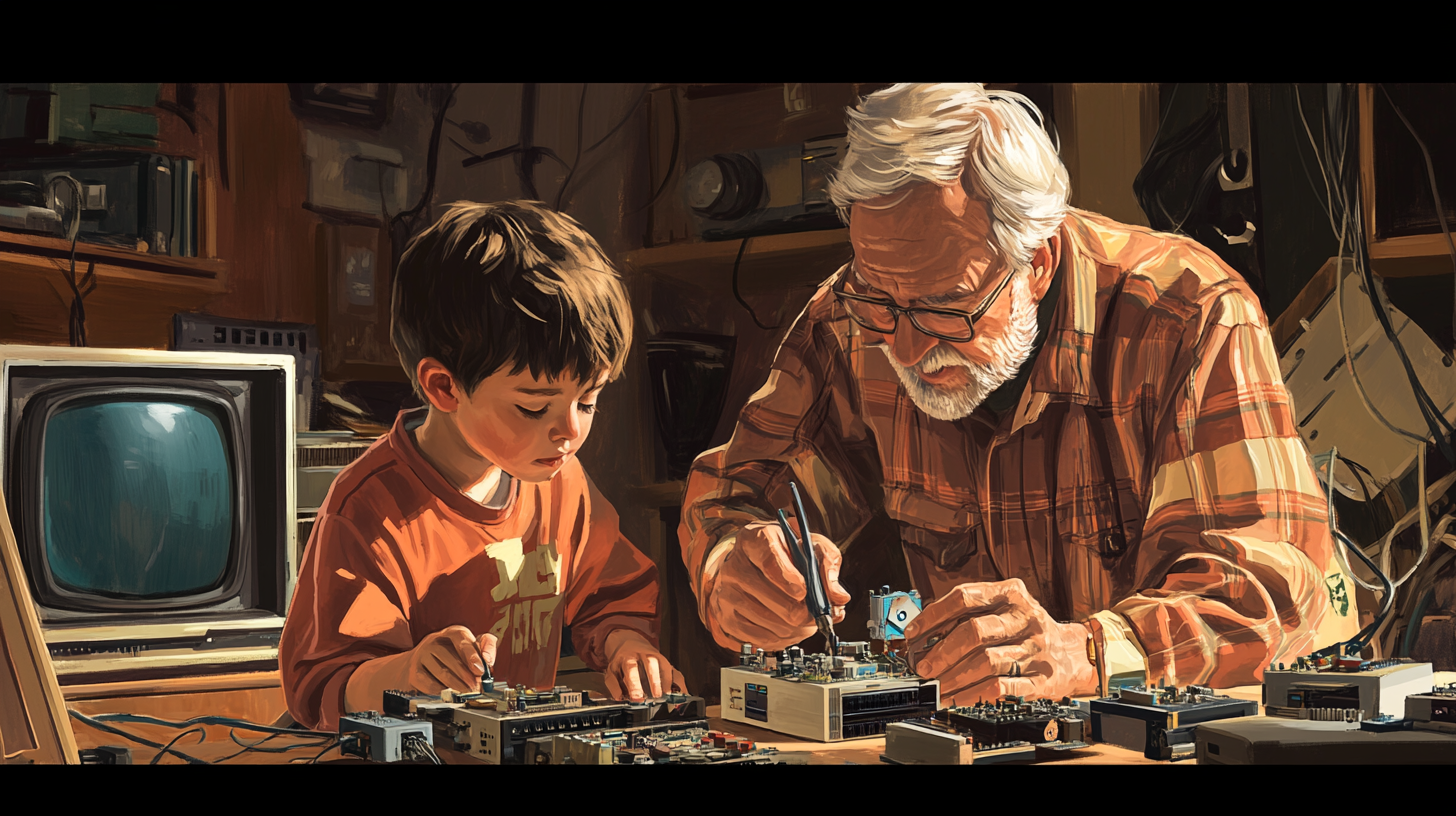The Only Technical Skills You Need As An Engineering Manager
While the EM role mostly requires people skills, it also requires several key technical ones.

While the EM role mostly requires people skills, it also requires several key technical ones.
